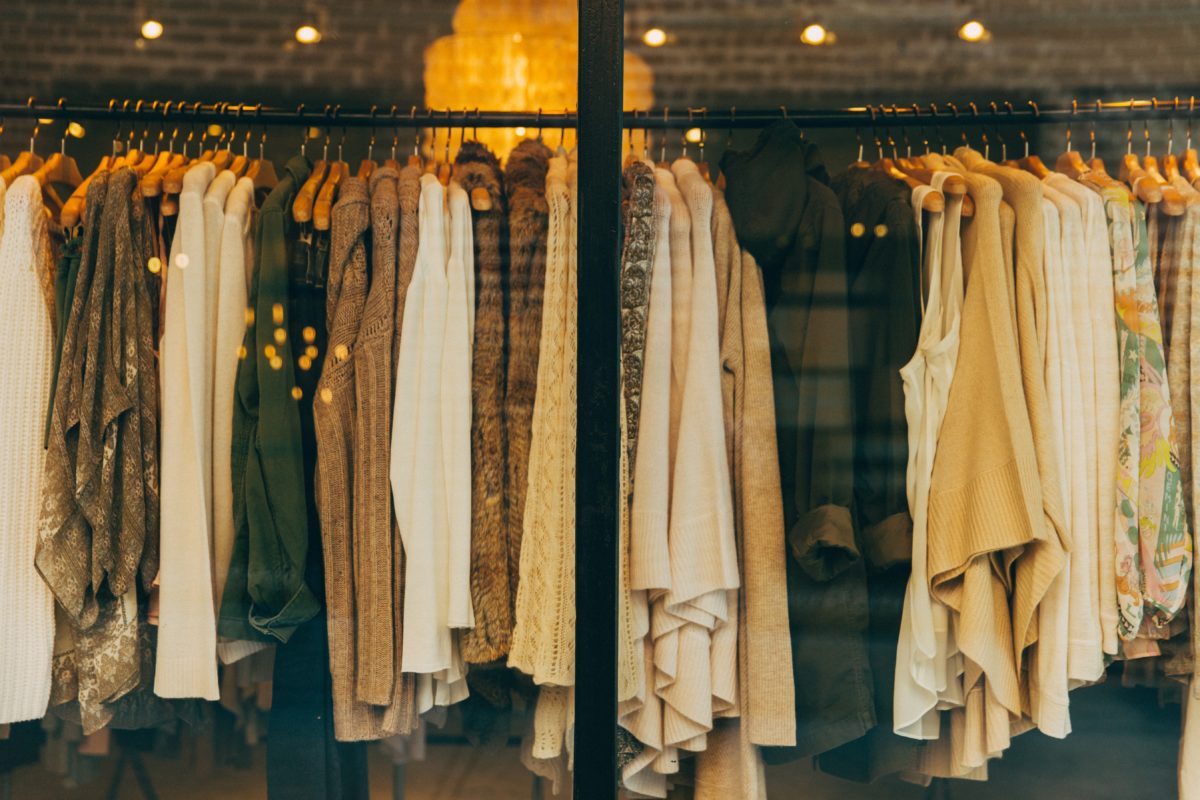What is a fashion buyer? We recently sat down with MILLY Buyer Chrissy Allen to find out.
What is a buyer?
A fashion buyer is someone who makes purchasing decisions for a clothing retailer. And according to Chrissy, it’s a role that requires both an analytical mind and a keen eye for style. Describing her role, Chrissy explains that she “picks pieces for the season based on past sales history and upcoming trends,” always making sure that she’s aware of what has sold well in the past and is likely to do well in the future. In order to do this, she attends fashion shows every season and meets with designers to find out more about the exact styles they’re working on. This helps her get a sense of the market and make informed purchasing decisions that will appeal to MILLY’s customers.
Do all clothing retailers have buyers?
“Big retailers like Saks and Bloomingdale’s have buyers and planners because they’re working with third-party vendors,” Chrissy explains. For smaller companies like MILLY (which is itself a third-party vendor), in-house buyers are usually only hired if the company has its own stores. And, as Chrissy explains, the challenge of working for a small retailer is different from that of working for a larger one. “I have to understand why we are different and make sure that we are catering to our specific customer,” Chrissy says.
Is being a buyer a cross-functional role?
From researching fashion trends to attending fashion shows and meeting with designers, being a buyer can sound like a one-person show. However, it’s actually a much more cross-functional role than it might appear to be. For big retailers like Saks or Bloomingdale’s, buyers are usually part of the merchandising team but for smaller companies like MILLY, they fall under marketing. “I work super closely with our marketing team, constantly collaborating on email blasts and social media content to make sure that we are pushing what isn’t selling so well but also highlighting some of our bestsellers,” Chrissy explains.
The best part of working in a cross-functional position? For Chrissy, it’s figuring out the unique selling point of the brand and helping to communicate that message directly to customers. “What can we offer the customer that nobody else can offer them?” That’s the question she always has in her mind as she makes purchasing decisions and the one she helps the marketing team communicate on a daily basis.
What are some of the perks of working in fashion?
If you think that working in fashion means having access to lots of free clothes, it turns out that you’re partly right. “The discounts are pretty good,” Chrissy says, joking that it’s very tempting to take advantage of them. In addition to discounts, buyers can also borrow clothes from the company’s closet, testing out new styles before they officially go on sale.
Being a fashion buyer is one of several great career paths in the fashion industry. In addition to offering you the opportunity to stay on top of the latest trends and meet some of the hottest designers around, this role also offers you the opportunity to understand the business side of fashion and to play a part in bringing looks from the runway to the consumer. If that sounds like an exciting opportunity, then becoming a fashion buyer might just be right for you.
Next, get more career tips for internships and entry-level jobs such as Top 5 Interview Questions for Fashion Buyers and find answers to common interview questions such as Why Do You Want to Work Here?

